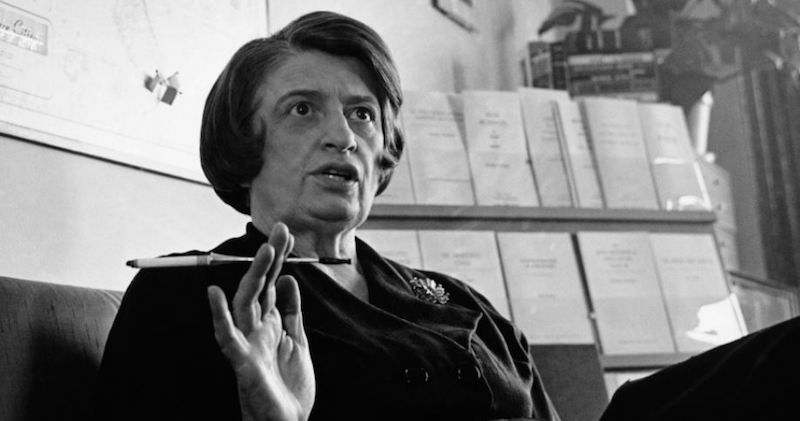Navigating Morality and Knowledge: Ayn Rand's Proclamation on Ethics

Ayn Rand, a contentious figure whose words stir debates and introspections alike, presents a resolute assertion on the delineation between errors of knowledge and breaches of morality. Her words, although polarizing, invite us to examine the intricacies of human conduct and judgment.
In her bold proclamation, Rand distinguishes between two fundamental concepts—errors of knowledge and breaches of morality. She asserts that an error of knowledge, a mere lack of understanding or a mistaken belief, is not inherently a moral flaw. To err in understanding is human, and it is the willingness to rectify these errors that absolves us from moral judgment. Embracing fallibility and the capacity to learn are, according to Rand, integral aspects of our human nature.
However, her stance on breaches of morality is unequivocal. It's a deliberate and conscious choice to act against one's knowledge of what is right or wrong—an act of willful evasion, a suspension of thought and moral judgment. Rand adamantly highlights that ignorance, what one does not yet know, cannot be a moral charge. Yet, the refusal to seek knowledge or to acknowledge truths that challenge our preconceptions is, in her view, a moral transgression—an ignoble account growing within one's soul.
Rand's dichotomy challenges us to discern between mere errors of understanding and ethical misconduct. It's a call to hold ourselves accountable for our deliberate actions and willful ignorance. Her emphasis on the importance of introspection and the pursuit of knowledge echoes a foundational principle: the duty to continually seek enlightenment and moral clarity.
While Rand's ideas might be perceived as rigid or absolute, they prompt us to reflect on our moral compass and our commitment to seeking truth. Her words serve as a reminder that in the journey of life, it's not just what we know but our willingness to confront and rectify our shortcomings that shapes our moral character.
In a world where the line between right and wrong can blur, Rand's stance serves as a catalyst for discourse—a catalyst urging us to embrace humility in our errors of knowledge while holding steadfastly to the pursuit of moral rectitude. It's an invitation to navigate the intricate interplay between what we know, what we refuse to know, and the moral accountability that accompanies our choices.